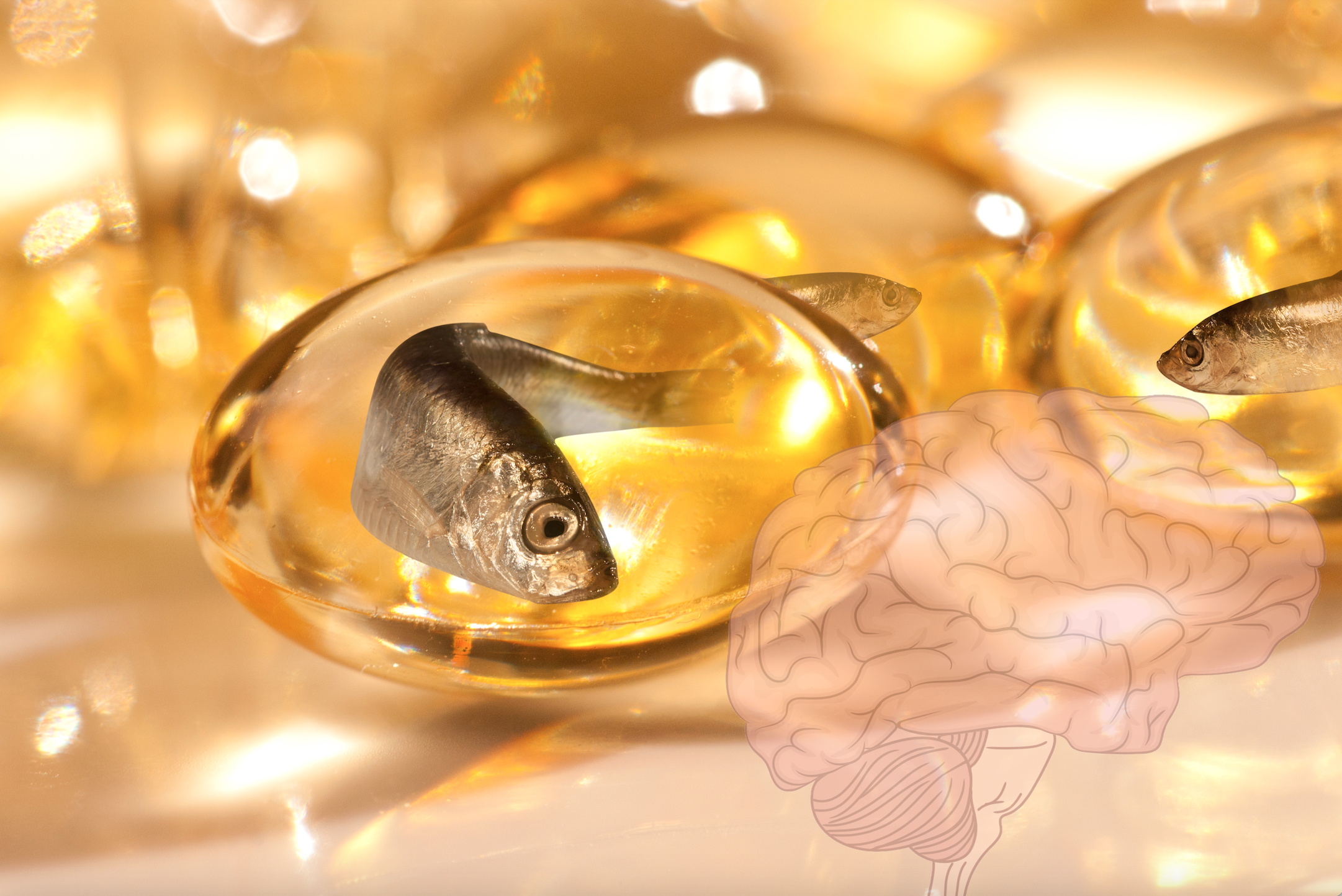The role of physical exercise and omega-3 fatty acids in depressive illness in the elderly
Depression is the most prevalent mental health disorder affecting adults, and is projected to be the second leading cause of illness by 2020. The negative impacts of depression reach several systems, especially the central nervous system, and these impacts potentiate with advancing age. Depression involves several etiological factors and an equally complex myriad of pathophysiological mechanisms, with several human and animals studies revealing the links between depression and neurotransmitter disproportion, hypothalamic-pituitary-adrenal axis dysregulation, changes in brain volume, dysfunctional neurogenesis and inflammatory pathway disturbance, not to mention the influence gut microbiome disturbance has on mental health disorders and vice versa. Depression is certainly not an expected complication of advancing age, however, experiencing symptoms of depression is more prevalent with aging, and is often underdiagnosed or misdiagnosed in geriatric populations. If left untreated, it can lead to a multitude of complications, including reduction of life expectancy, deterioration in overall health, encumberment of healthcare systems and an increase in the incidence of suicide in older populations. Depression in older patients is a condition that remains to be fully understood, where the use of pharmaceutical interventions remains the current standard of therapy. However, as sedentary lifestyles and penurious nutrition became topics of growing interest in the pathogenesis, course and treatment of depression, Vecchioli et al. (2018) conducted this review to investigate the impact of physical activity and omega-3 fatty acids intake on depression in older patients. Through their results, the authors highlight that a growing body of literature alludes to a positive impact on mental health exerted by physical activity and improvement of nutritional status, and conclude that maintaining sufficient nutrition and activity levels may be utilized as a low-cost therapeutic intervention to combat depression in older patients. [NPID: Aging, depression, diet, exercise, late-life depression, mood disorders, omega-3 fatty acids, physical activity]
Year: 2018
 Navigation
Navigation






